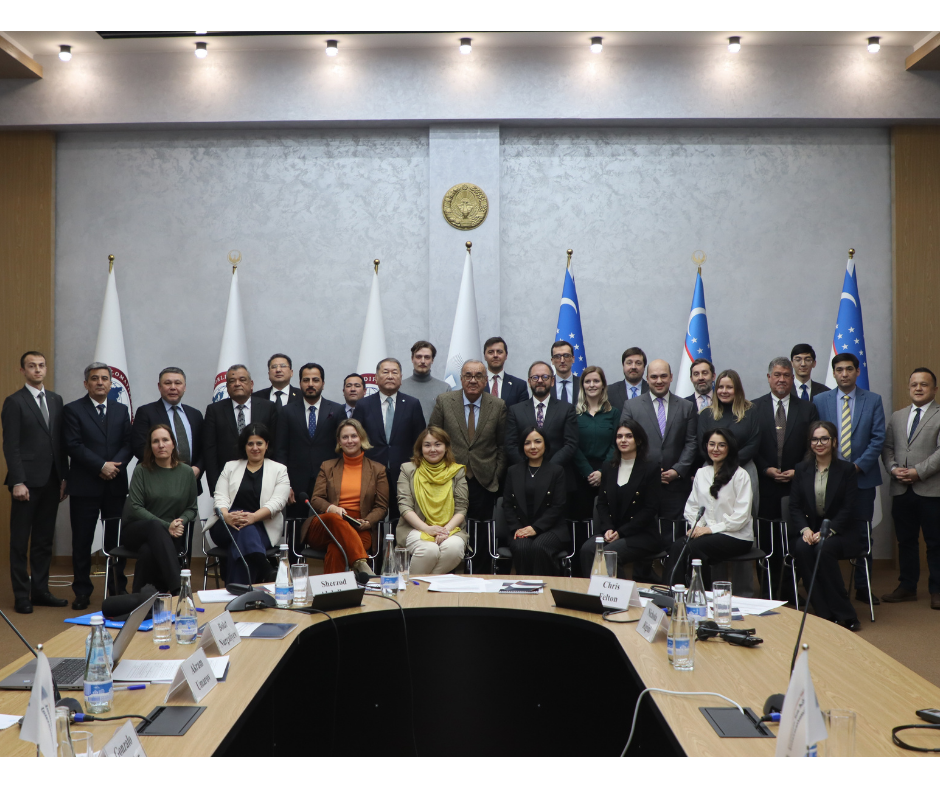
On February 20, the Institute for Advanced International Studies hosted a workshop in partnership with Foreign, Commonwealth and Development Office of the United Kingdom. The event has been attended by experts in the field of security studies, terrorism and extremism, regionalism, international relations, international law, history, transboundary water issues, religious studies and other areas.
There have been following four separate panels during the workshop:
1. “Afghanistan and Eurasian Connectivity”,
2. “Afghanistan and Central Asia: Regional Water Agenda”
3. “Terrorist groups in Afghanistan: Strategies for Regional
Security”
4. “Humanitarian and Refugee Issues in Afghanistan”.
The first panel attempted to explore the Afghanistan’s role as a transit hub between Central and South Asia. In addition, discussions have also covered the regional initiatives in establishing transport corridors and their potential contributions to regional economic development as well as deliberation on the role of Taliban and other stakeholders in integrating Afghanistan into the framework of regional cooperation.
The second panel has been centred around the evaluation of an impact that Qoshtepa canal could project along with the discussions of potential benefits and risks concerning agricultural development, economic growth, and employment prospects in Afghanistan. Also, the project’s influence on regional stability and inter-country relations concerning shared water resources has been examined.
The third panel covered the discussions regarding the current scenario amid the surge in terrorist activities within Afghanistan with the main focus has been around the discussion of counter-terrorism strategies, encompassing the roles of international and regional stakeholders. Some arguments explored the collaborative prospects among regional states to address security threats in the region.
The fourth panel attempted to assess the ongoing humanitarian crisis in Afghanistan, considering its socio-economic implications and the plight of vulnerable populations. Experts looked at the issues regarding the influx of refugees and its impact on neighbouring countries as well as the broader region. Furthermore, the international responses, aid mechanisms, and strategies to address the humanitarian crisis and support displaced populations has been a central to this panel.
All in all, the workshop was a fruitful platform for the experts who are specialised in Afghanistan to come together and discuss some of the pressing issues. Many sounded recommendations as well as informative observations from specialists with diverse backgrounds were very helpful to understand the current dynamics withing Afghanistan and their potential consequences for its neighbours.